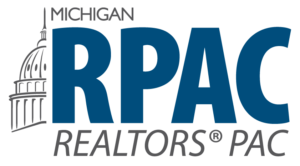2024 Candidate Questionnaire
Thank you for taking the time to respond to this candidate questionnaire. Your response is an important element of the political education process for members of the Michigan Realtors®.

Thank you for taking the time to respond to this candidate questionnaire. Your response is an important element of the political education process for members of the Michigan Realtors®.
